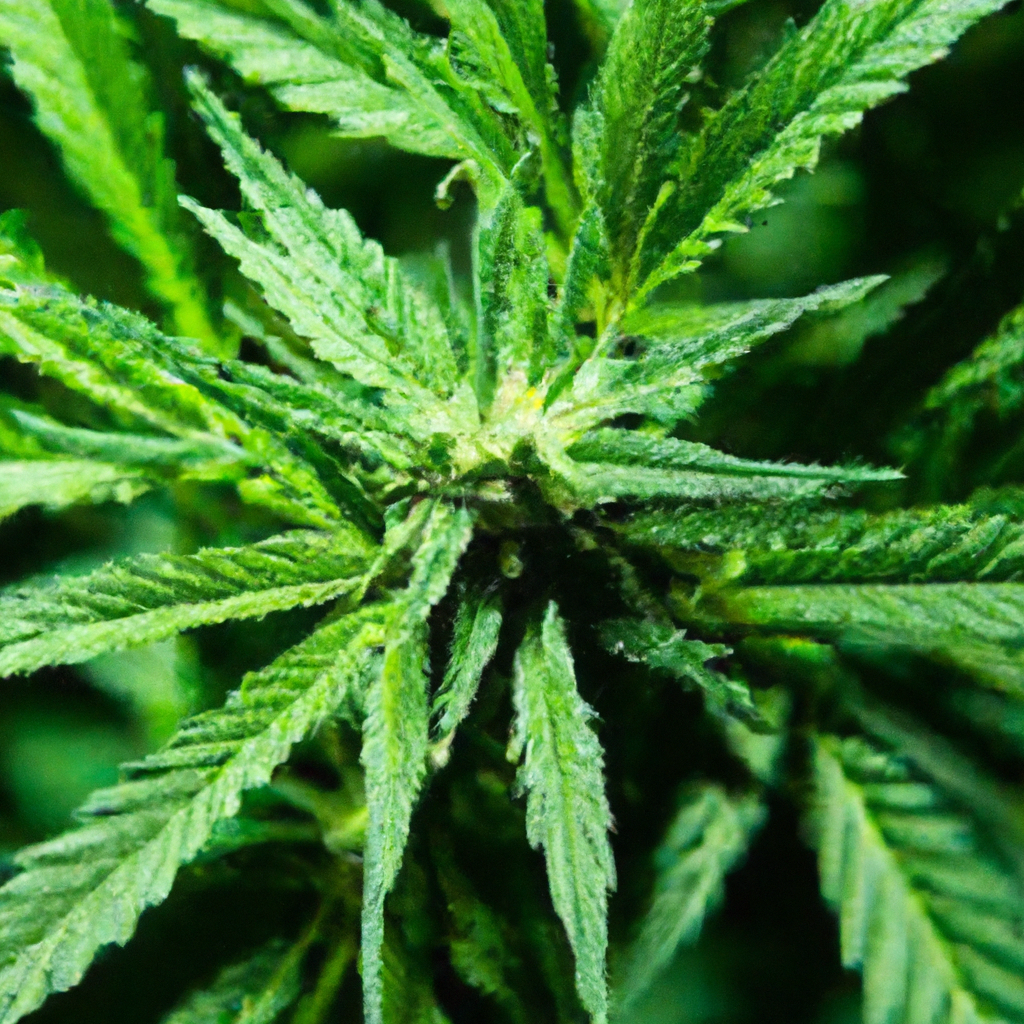Your cart is currently empty!
Introduction
As the cannabis industry continues to grow, consumers and cultivators are increasingly interested in organic practices, prioritizing sustainability, health, and environmental responsibility. Organic cannabis cultivation not only yields a higher-quality product but also contributes to a healthier ecosystem. In this guide, we’ll explore best practices for organic cannabis growing, focusing on natural fertilizers, soil health, and eco-friendly pest control.
Building Healthy Soil Ecosystems
Soil health is the foundation of successful organic cannabis cultivation. The goal is to create a living, thriving environment for your plants using organic methods that enhance life in the soil.
- Compost: Composting provides essential nutrients to your soil. It increases soil fertility, improves water retention, and fosters beneficial microbial life.
- Mulching: Use organic mulch like straw or wood chips to maintain consistent soil moisture, suppress weeds, and add organic matter to the soil as it breaks down.
- Cover Crops: Plant cover crops to prevent erosion, fix nitrogen naturally, and improve soil structure between cannabis growing seasons.
Utilizing Natural Fertilizers
Natural fertilizers are essential for achieving nutrient-rich yields without relying on synthetic chemicals.
- Worm Castings: This nutrient-rich soil amendment adds beneficial microbes and bacteria, improving overall plant health and growth.
- Fish Emulsion: Excellent for boosting nitrogen levels, fish emulsion is a powerful organic liquid fertilizer suitable for both vegetative growth and flowering stages.
- Bone Meal: Rich in phosphorus, bone meal supports strong root development and is vital during the plant’s flowering phase.
Eco-Friendly Pest Control
Pests can be a significant challenge in cannabis cultivation, but with organic methods, you can protect your plants without harming the environment.
- Companion Planting: Incorporate plants like marigold and basil, which naturally deter common pests.
- Neem Oil: This natural insecticide repels many pests and is safe for use throughout the cannabis growth cycle.
- Diatomaceous Earth: A natural powder that dehydrates and kills soft-bodied insects upon contact.
Conclusion
Adopting organic methods in cannabis cultivation is not only beneficial for the plants but also for the broader ecosystem and consumer health. By utilizing natural fertilizers, building healthy soil ecosystems, and employing eco-friendly pest control strategies, growers can ensure sustainable and high-quality cannabis yields. As more consumers demand their products to be ethically sourced, organic cannabis cultivation stands as a beacon of health and environmental stewardship.


Leave a Reply